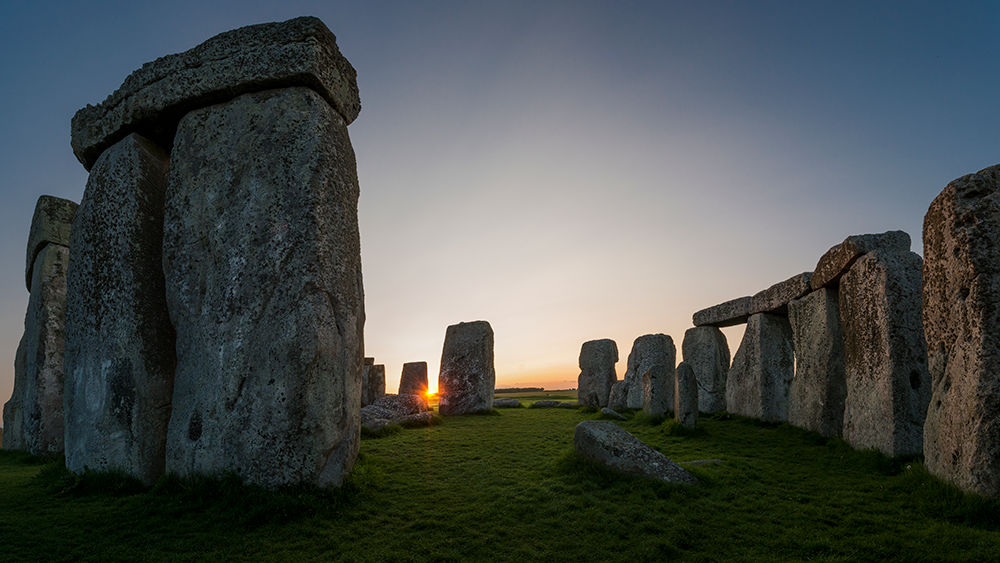For the first time ever, the 1,000-year-old Stonehenge will be livestreaming its summer solstice celebrations thanks to the coronavirus pandemic.

The annual celebration marking the longest day of the year typically attracts thousands of tourists in mid-June, but this year, it’ll take place entirely online, according to the Salisbury Journal.
“Given the sheer number of major events worldwide which have already been cancelled across the summer, from Glastonbury to the Olympics to Oktoberfest, I doubt this will come as a huge surprise, but we know how much summer solstice at Stonehenge means to so many people,” Stonehenge director Nichola Tasker told the Journal.
“We have consulted widely on whether we could have proceeded safely and we would have dearly liked to host the event as per usual, but sadly, in the end, we feel we have no choice but to cancel.”
The approximately 10,000 people who usually turn up can tune in thanks to English Heritage. The website also offers a virtual tour of Stonehenge, which was once a prehistoric burial ground dating back to around 2500 BC.
“We hope that our livestream offers an alternative opportunity for people near and far to connect with this spiritual place at such a special time of year and we look forward to welcoming everyone back next year,” Tasker added.

The historic site has been closed to the public since March 18.
English Heritage made the announcement on May 12 with a Facebook post expressing its apologies over the cancellation.
“We know how special this occasion is to so many of you, and we’ll be livestreaming it for free online,” the post reads. “We spoke with the emergency services, the druid and pagan community and others before making this decision, and look forward to welcoming everyone again next year.”
The summer solstice sunrise will be streamed live on June 21 on English Heritage’s Facebook page.
—
Questions about COVID-19? Here are some things you need to know:
Symptoms can include fever, cough and difficulty breathing — very similar to a cold or flu. Some people can develop a more severe illness. People most at risk of this include older adults and people with severe chronic medical conditions like heart, lung or kidney disease. If you develop symptoms, contact public health authorities.
To prevent the virus from spreading, experts recommend frequent handwashing and coughing into your sleeve. They also recommend minimizing contact with others, staying home as much as possible and maintaining a distance of two metres from other people if you go out.
For full COVID-19 coverage from Global News, click here.
—
- Four injured after military horses break loose, stampede in London, U.K.
- Canada refused to repatriate woman from ISIS camp because she can’t be arrested: internal memo
- Russia vetoes UN resolution to prevent nuclear arms race in space
- Spain’s PM considers resigning amid wife’s legal probe: ‘Is it all worth it?’





Comments